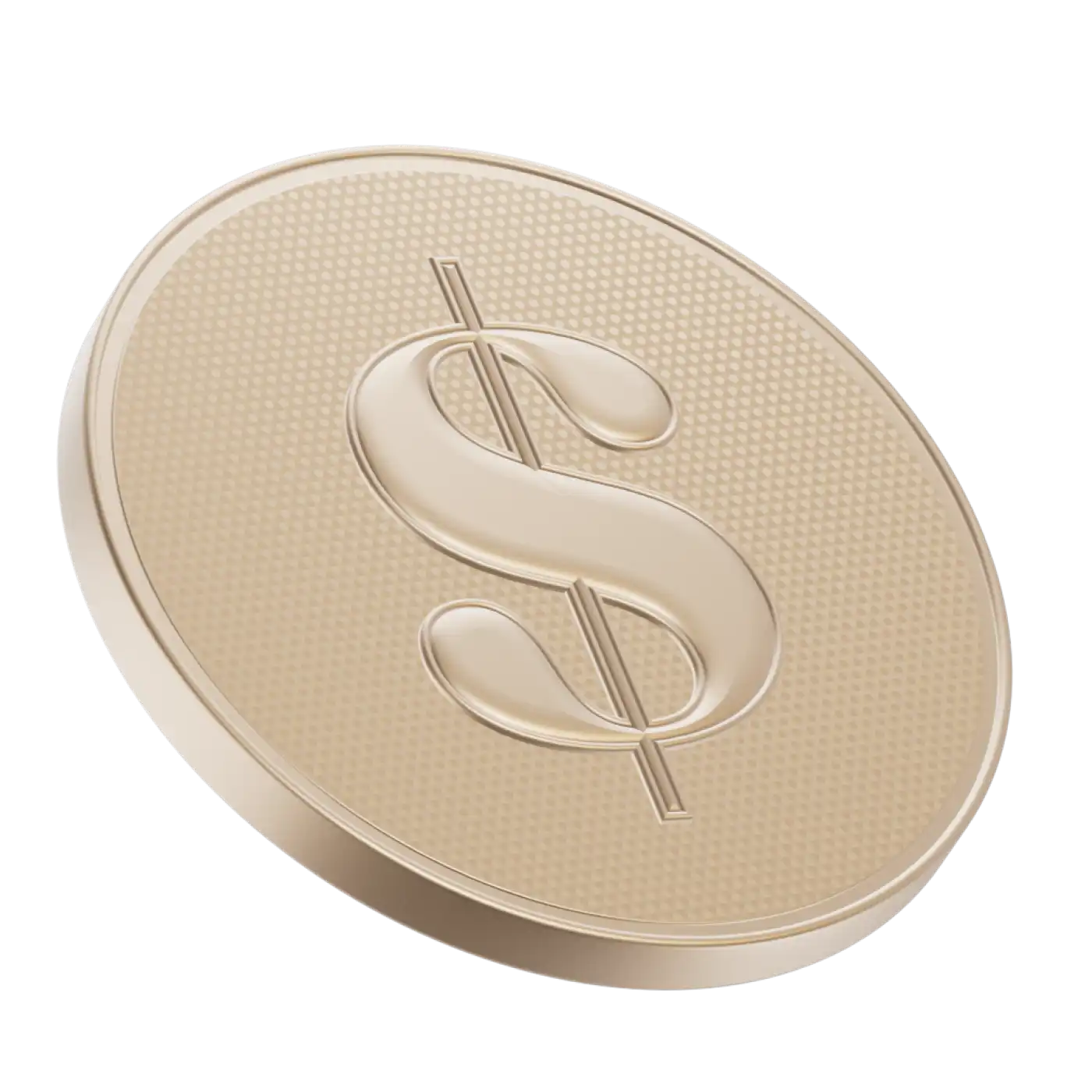There are many unanswerable questions that have baffled wise men and women through the ages, questions like “Who closes the door after the bus driver gets off the bus?” and “Why is there a light in the fridge and not in the freezer?,” however it’s possible that no one question has stumped so many smart people as “When can I retire?” So, in the next several paragraphs, we’ll attempt to succeed where scores before us have failed and just give you the absolute best answer possible.
When can I retire?
18, pretty much everywhere. Yes, you heard right. As soon as you’re an adult, or, as Canadians like to say, as soon as you reach the “age of majority” and your parents have no legal right to tell you what to do, you’d be free to ditch the workforce even before you’ve joined it, just as you’re free to use the bathroom whenever you like and adorn your face with any regrettable face tattoo you could imagine. The better question to ask yourself is, how much money do a I need to retire, and how long will it take me to amass that much? Because the earlier you retire, the more years you’re going to have to support yourself without an income. Lucky kids who were born into old rich families named Getty and Rockefeller and newer rich ones like Gates and Bezos may have the luxury of seeking only fulfillment in their careers and might have the option to retire after sustaining their first painful paper cut at work. The rest of us have to hang on in the work trenches until we put enough dough away to cover a couple decades worth of grocery, electric and gas bills.
When should I retire?
Besides blown out knees, neuropathy, sciatica and other stuff renders office life less enjoyable for older folks, there’s another good reason why most people retire in their sixties and early seventies. It’s around this age that the government provides certain benefits to help older people pay their bills. For most people, it would be impossible to make ends meet otherwise.
The term “retirement age” that you often read about is currently 65 (though it may be raised in the future.) This is because our government provides a small safety net for retirees in the form of CPP and OAS, funds that aren’t available until you reach a certain birthday. The Canada Pension Plan (CPP) considers “normal” retirement age to be 65, though you can collect a reduced benefit at 60; 65 is the earliest you're eligible for Old Age Security (OAS). How much CPP you’re entitled to depends on how much you’ve paid into the system over the years, but the current average CPP payment is $673.10 per month, and basic OAS is $586.66 a month, for a combined $15,116 per year.
If you hoped to gross $50,000 a year, you’d need to bring in approximately $35,000 annually to add to your benefits. For financial planning purposes, plan on living 20 years past retirement at 70. So you’d have to have at your disposal $700,000. If you imagine a retirement in which you plan on crashing on your kid’s pull-out sofa and eating lots of packaged ramen, or alternately chartering lots of yachts in Bimini, adjust your annual needs accordingly.
How to prepare for retirement
If you've been an incredibly disciplined retirement saver from a young age, and manage to retire with a nice chunk of change, you may choose to follow the famous 4% rule, a guideline introduced by an American financial advisor named William Bengen who ran the numbers and figured out that if you withdraw 4% of your well-invested retirement portfolio annually and adjust for inflation, you will never, ever run out of money. Legend has it, Dracula kept his castle rent paid for 400 years using the 4% rule; it’s also how well-to-do mortals finance their retirement and then pass on their wealth.
How on earth might you find yourself in this enviable position? Ironically, the most effective way of living painlessly and comfortably in retirement is the one that hurts the most when you earn the least. The absolute best way to create a comfortable retirement if you’re not a huge earner will require your savings to simmer for a very long time in an investment account, experiencing the magical power of compounding year in and year out. Play around with a compounding calculator like this one to get a feel for the kind of magical effect has on money. Assuming a hypothetical, though historically reasonable (http://www.simplestockinvesting.com/SP500-historical-real-total-returns.htm) 7% annual rate of return on an investment, a 25 year-old who manages to put $5,000 away every year will end up with almost $1.18 million by age 65. Put in that same $5,000 beginning at age 35, and she’ll only end up with $551,000 by 65. In fact, in order for that 35 year-old to end up with the identical $1.18 million by 65, she’d have to put away more than $10,000 a year to catch up to the early bird who started at 25.
So what does the 4% rule mean in real numbers? If you’ve spent a number of years in the workforce, you’ll be eligible to receive full Canada Pension Plan (CPP) and Old Age Security (OAS) benefits at 65, but this will amount to only about $15,000 (more, if your income is below the Guaranteed Income Supplement (GIS) maximum amount to receive benefits.) Financial advisors often suggest that in order not to feel deprived, you should be netting 70-80% of your pre-retirement income. So, if you’re used to making $75,000, you’ll want to have access to about $60,000 annually. If you’re going off the 4% rule, in order to make up that $45,000 your benefits won’t cover, you’d need to have a portfolio of $1.125 million. Used to making $150,000? Using the same calculations, you’d need to retire with a portfolio of about $2.44 million. As the saying goes, nice work if you can get it—but very few can. Though Canadians figure they'll need $756,000 squirreled away for retirement, a recent poll found that almost a third of Canadians had no retirement savings at all and the average amount we Canucks put away by retirement is $184,000.
Don't freak out if you're nowhere near where you need to be. Even if you wake up at 65 without a penny saved, you won't starve; though it's a far from ideal scenario, provided you meet the residency requirements, it's possible that a couple who had saved nothing for retirement could collect $24,000 in mostly tax-free government benefits annually. The best news of all is that all the anxiety about not having enough might be unnecessary. A recent investigation undertaken by the Employee Benefit Research Institute suggests that retirement needn't be expensive and retirees are actually pretty good at not running out of money. The study showed that those who retired with less than US$200,000 still had 75% of that amount 18 years later.
Toronto-based financial planner Jason Heath dismisses any one-size fits all dollar amount that you'll need to retire; it all depends on your personal circumstances. He also thinks the 4% rule and other plans that strive to never touch capital are kind of dopey. “It’s a noble aspiration in theory, but in practice, what’s the point?” he writes, noting that retirees should worry a little less about their heirs and rather enjoy the fruits of their labor with the time they have left.
What if I want to retire early?
What if you really want to retire years, even decades before The Man thinks you should? Can you retire at 50? We’ve got a guide on how it can be done. Trying to retire at 40 will provide you with a much shorter runway for retirement investments to grow, but this too is possible, especially if you’re someone who loves nothing more than clipping coupons and subsisting on pasta.
Whatever age you retire, the strategies you find in our “Retirement Strategies” guide will prove invaluable.




